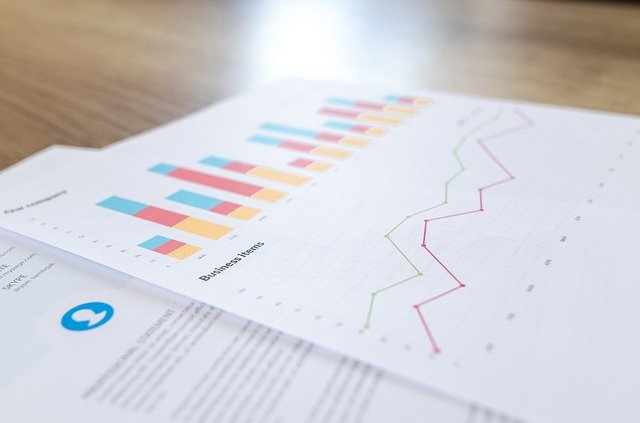As children, we feared the boogey man and monsters lurking under our bed. As adults, the things that make us anxious are more concrete and admittedly more real. Death and money are the top sources of worry for most Americans; the current pandemic is conflating these two factors and keeping us up at night. But there is what to do to rest comfortably and make sure you mange your money, not the other way around.
Fears tend to thrive on the “what if” scenarios. What happens if some kind of crisis befalls me and I can’t afford to live? What if I lose my job? The best way to squash this cyclical and paralyzing thinking is by transitioning to a “then what” train of thought. Identify the things you can control and the strategies you have already set in place to help you through these times. Review your emergency savings fund and determine how much money you have at your disposal; reread insurance policies and determine if they are providing you with the coverage you need and want.

The novel Coronavirus and its resulting financial turmoil are forcing many of us to figure out how much risk we are comfortable with, particularly about money. Should we invest right now? What about the investments we already have? The best way to answer these questions is by gaining perspective and thinking about loss in a new way. If the idea of a 10% loss doesn’t bother you, but you are not comfortable with seeing $50,000 melt away (though they are the same for a $500,000 investment) it is best to rework your investment strategy. Keep in mind that all market emergencies eventually stabilized; if you don’t need the money right now, it is worth staying the course. Having no money in the stock market also puts you and your money at risk.

Another one of our money fears circles around debt. We may (or may not) know what money we owe, but we don’t always fully understand the terms of repaying these loans. The truth is, fearing debt can actually help us. It means we are less likely to dig ourselves too deep and more likely to keep tabs on payment plans and schedules. Be pro-active in paying off your debt by consolidating credit cards and negotiating lower interest rates.

Many of our money qualms can also be quashed by keeping our minds and bodies healthy. Eating right, exercising, and leading a healthy lifestyle reduce stress and medical expenses. Right now, staying healthy also means staying isolated which can reduce your travel and luxury expenses. Cumulatively, being mindful of our money means less panic and stress. And we could all use a little less of those things right now.

